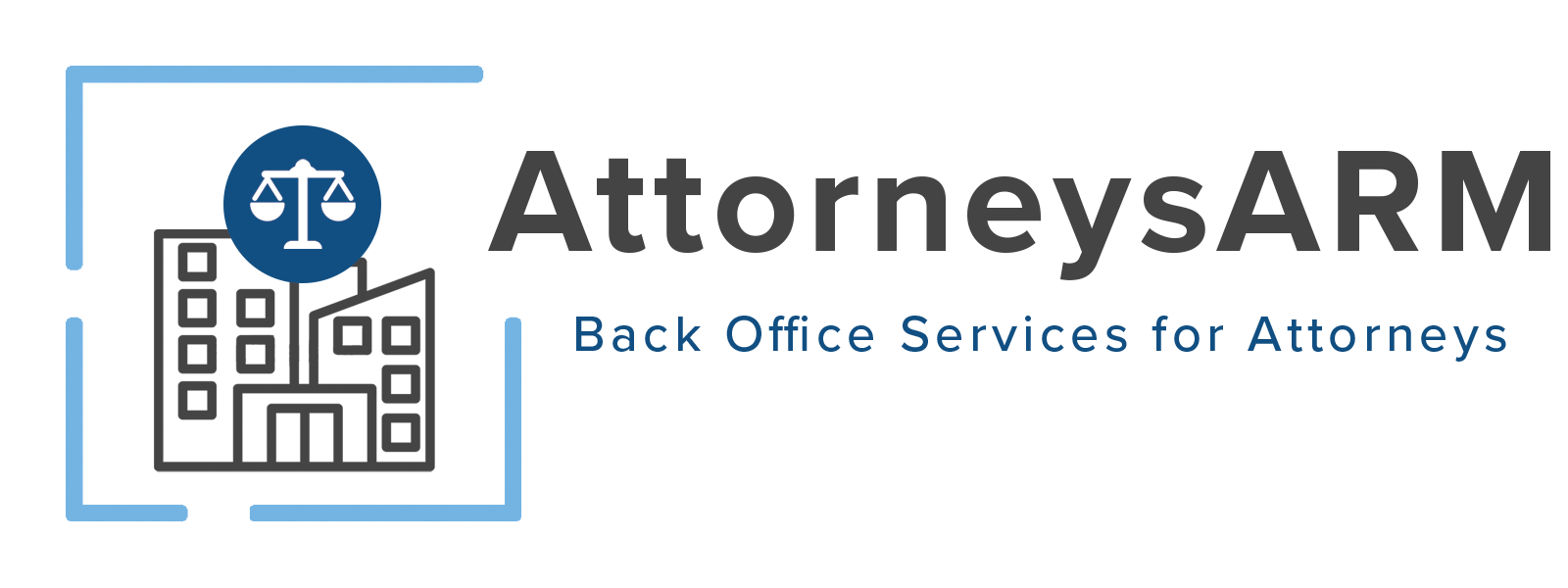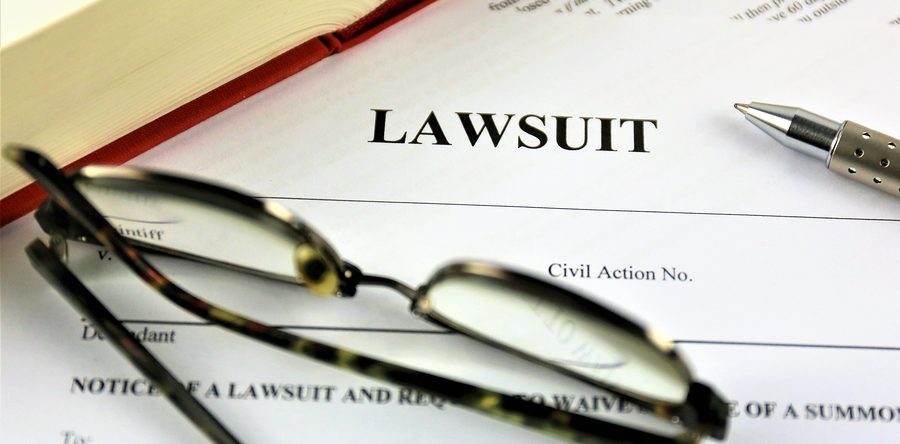Providing your services to businesses doesn’t guarantee that you’ll get paid. When you don’t, you’ll need to engage in B2B collections. B2B stands for business to business. Much like consumer collections, you have options if you’re owed money. One of those options is suing in court. However, before you resort to the expenses associated with filing a lawsuit, there are some questions you should answer.
What Is the Amount Owed to You?
Regardless of whether you plan to pursue the debt on your own in small claims court or plan to hire a B2B collections lawyer, you should review the entire file. How much is owed to your business? You must ascertain whether the amount owed to you is worth the additional expense of court fees (small claims still require a filing fee). Then, if you plan to hire a lawyer, you’ll want to determine whether the amount owed to you is worth the attorney fee that you’ll pay. It’s more than just an hourly rate. You’ll also absorb the costs associated with the filing fee, using a private process server, making copies, and other administrative expenses.
Do You Have the Documentation You Need to Support Your Claim?
For a B2B collections claim to be successful in court, you need to have the right supporting documentation. This includes, but may not be limited to, a copy of the signed contract, a history of the account and its payments, and proof that the account truly is past due.
Is the Business You’re Suing Soluble?
Whether a business that’s being sued for a past due debt is soluble can depend on several factors. So, you may not be able to know this on your own. You can, however, look for specific signs:
- Is the business still conducting its daily operations?
- Is there a bankruptcy proceeding for the company? Bankruptcy may be voluntary or involuntary.
- How is the business structured? While that doesn’t necessarily determine whether a business is soluble, it can possibly lead you or your B2B collections attorney to discover whether the owner of the business has any personal liability for the debt.
- Does the business have enough assets or accounts receivable (or both) for you to get paid if you receive a judgment? Again, this isn’t something you may necessarily know (such as the amount of money coming into the business), but you may be able to find reports filed with the Secretary of State to help you make this determination.
Have You Reviewed Your Original Contract?
This is important for several reasons. However, one very important clause to look for is whether your original contract has a clause that provides a personal guarantee for the debts of the business. If your contract doesn’t have that clause, consider having your basic contract revised to include it.
Does the Business Owe Taxes or Have Other Secured Debts?
This question is particularly important if the business has ceased operations or if it has filed bankruptcy. When there are secured debts or secured creditors, unsecured debts or creditors can have a harder time receiving even a partial payment. This is because if there are any assets, secured debts are paid first.
Have You Considered Settling?
Before you file a lawsuit, consider settling. While you may not get the full amount owed to you, you have the possibility of getting paid something. Past due accounts can affect your bottom line. Always keep that in mind. Settling is also less expensive than pursuing a court case.
Clients ARM – Your B2B Collections Solution
Clients ARM provides B2B collections services. To learn more about how we can help your business get the money it’s owed, schedule your free consultation.




